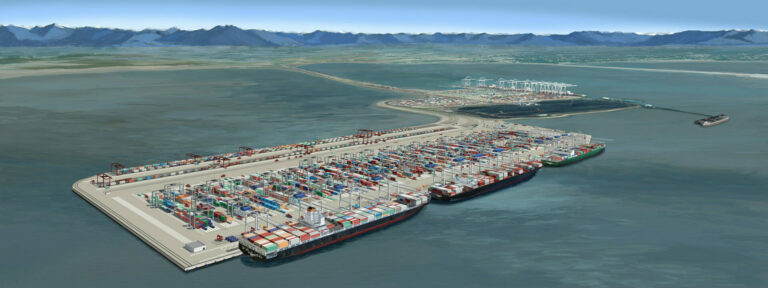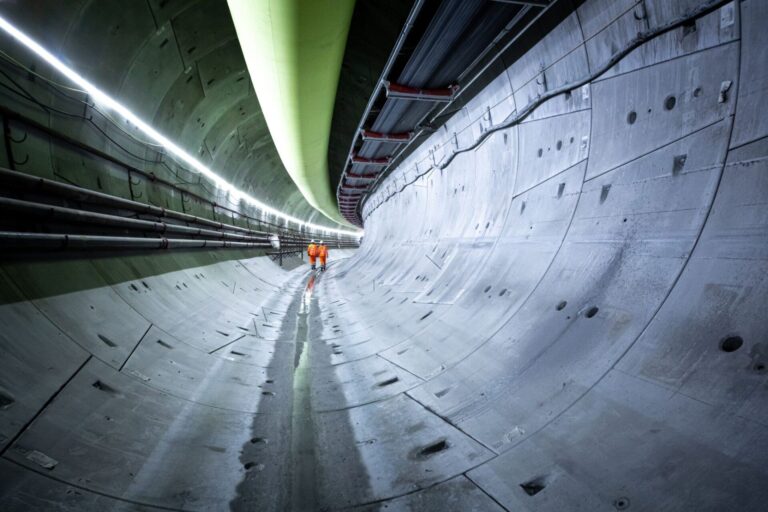With the infrastructure boom set to fuel global economic growth over the next decade, the construction industry must address the mounting pressures associated with climate change and the race to net zero greenhouse gas emissions (net zero), according to a report published by Marsh and Guy Carpenter, both businesses of Marsh McLennan, the world’s leading professional services firm in the areas of risk, strategy and people.
The report, Future of Construction: A Global Forecast for Construction to 2030, written with Oxford Economics, a global leader in economic forecasting and analysis, provides a view on the future of construction as the industry recovers from the unprecedented effects of COVID-19 and the key drivers shaping its future over the next decade.
According to the report, global construction output is expected to grow by 6.6 per cent in 2021 and by 42 per cent by 2030, driven largely by government stimuli and the demand for residential construction. As the sector grows, however, so too does the risk of greater pollution and waste, the report warns. Construction and the wider built environment currently accounts for around 40 per cent of the world’s global greenhouse gas emissions.
Climate change and the race to net zero are arguably the greatest challenges that face the construction industry, according to the report. The need to radically reduce the amount of carbon embedded in new construction will drive the growth of a deconstruction industry that reuses huge existing urban stockpiles of construction materials, the report predicts.
The reports states that in 2020, environmental, social, and governance (ESG)-related capital for infrastructure grew 28 per cent, which was largely due to a flow of fundraising into sustainability-related strategies. Given that significant equity is usually allocated to infrastructure by major construction companies and developers using their own corporate balance sheets, opportunities exist for those companies that develop new technologies, designs, and processes.
“Climate change and the ESG agenda – and the risks and opportunities they present – are among the biggest challenges the global construction industry faces over the next decade,” said Richard Gurney, global head of construction, Marsh Specialty. “These forces are changing risk profiles for the sector. Organizations must adapt in order to harness the sector’s massive potential for growth while playing a pivotal role in the advancement of economies and communities around the world.”
Simon Liley, co-head, global engineering, Guy Carpenter, added: “The construction and engineering industry is entering a period of exciting opportunity but also one that will require new ways of approaching risk by the insurance and reinsurance sectors. These dynamics call for effective knowledge sharing from industry innovators at one end all the way through to reinsurance actuaries at the other. Understanding the shifting profile of exposure, technology, and sources of capital will be important to enable insurers and reinsurers to establish underwriting platforms and offer products that meet the construction industry’s changing needs.”
Other projections for the industry to 2030 include:
- Predicted average annual growth in construction of 3.6 per cent per annum – faster than either the services or manufacturing sectors.
- The next decade for construction will see global growth up by 35 per cent compared to the previous decade, driven by unprecedented levels of stimulus spending on infrastructure and the unleashing of excess household savings; it will represent more than 10 per cent of GDP in North America.
- Global infrastructure construction is forecast to grow by an annual average of 5.1 per cent.
“It is unusual to see construction outstripping growth in both services and manufacturing over a more sustained period,” added Graham Robinson, global infrastructure and construction lead at Oxford Economics and lead author the report. “We would normally expect to see construction growing faster than other sectors of the economy for shorter periods in a cyclical upturn. However, it’s not surprising that construction is expected to power the global economy over this next decade, considering the unprecedented nature of the stimulus spending on infrastructure by governments and the unleashing of excess household savings in the wake of COVID.”
Featured image: Marsh











